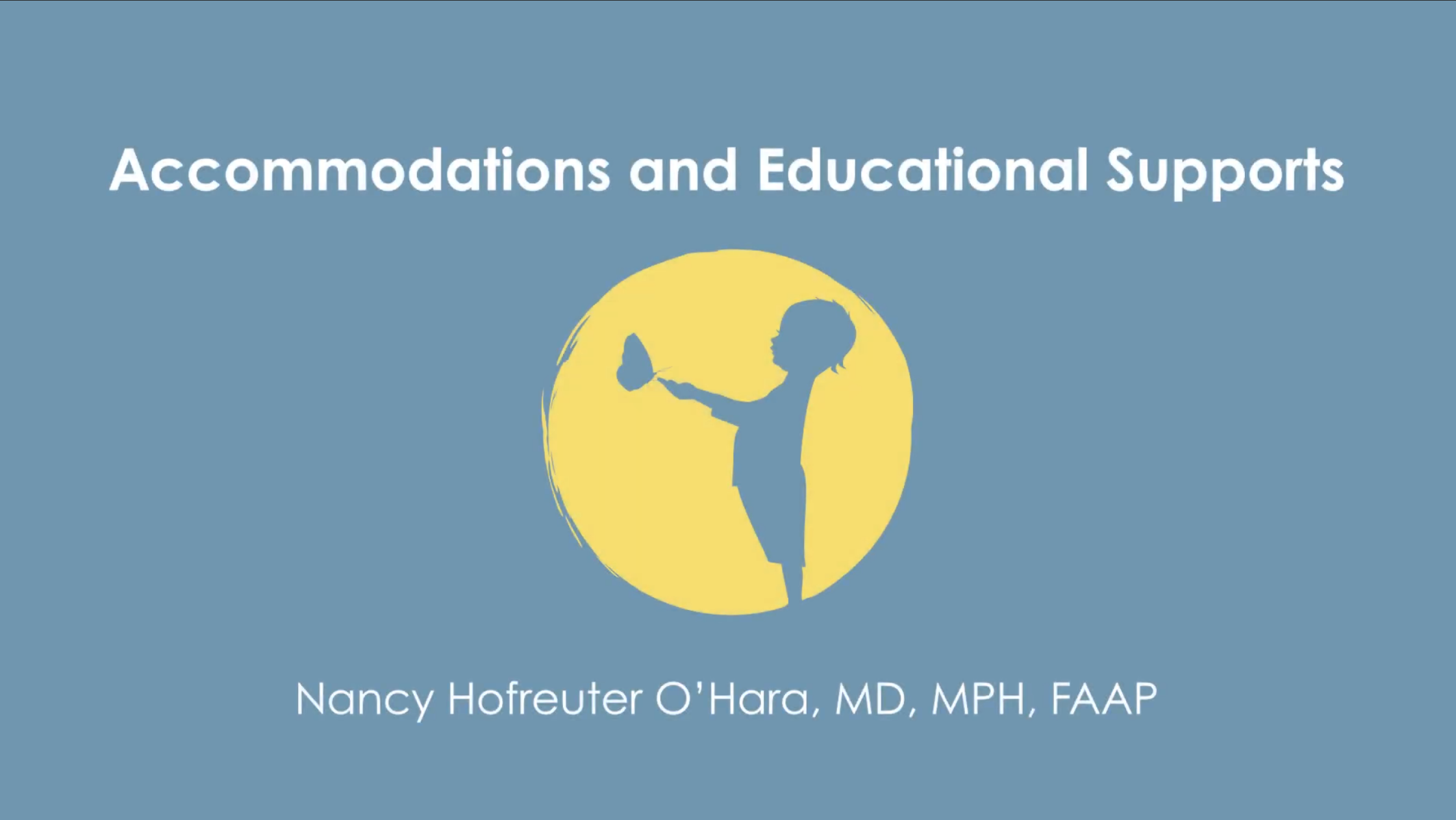Supporting Students with PANS, PANDAS, and Basal Ganglia Encephalitis
Children with PANS, PANDAS, and basal ganglia encephalitis often require specific school accommodations to support their success. These conditions can cause abrupt changes in cognitive, sensory, and motor function, making it essential to provide flexible and individualized support.
Key School Supports and Accommodations
Classroom & Organizational Support
-
Preferred seating (e.g., front of the class)
-
Use of an assignment notebook, planner, or online resources
-
Opportunities for movement breaks when needed
Attention & Sensory Supports
-
Accommodations for auditory and visual overload
-
Reduced distractions in the learning environment
-
Sensory-friendly adjustments to classroom settings
Occupational & Cognitive Behavioral Therapy
-
“A child may need occupational therapy or play therapy to help them better adapt to the abrupt changes in their bodies,” notes Dr. O’Hara. These therapies can provide essential support for motor skills, coordination, and sensory processing.
-
Cognitive Behavioral Therapy (CBT) is another crucial tool, not just for the child but for the entire family. As Dr. O’Hara shares, “I started my career as a teacher, and I strongly believe in therapy. CBT is very important in helping children and their families manage the emotional and behavioral challenges that come with these conditions.”
Memory & Fine Motor Supports
-
Use of calculators, math fact sheets, or smart pens
-
Digital tape recorders or note-taking devices
-
Word processors, iPads, or graph paper for written work
General & Testing Accommodations
-
Flexible attendance policies, including excused absences, early dismissal, or late arrival
-
Alternative physical education options for students struggling with coordination and anxiety
-
Unrestricted access to restrooms and scheduled breaks without penalty
-
Extended time for tests, assignments, and homework
Providing these accommodations ensures that students can focus on learning without unnecessary barriers. By offering structured yet adaptable support, we help them succeed rather than stagnate during periods of illness or flare-ups.
ASPIRE is grateful to Nancy O’Hara, MD for sharing these important insights. Dr. O’Hara is a valued member of ASPIRE’s Professional Advisory Board, and we appreciate her dedication to improving the lives of children affected by PANS and PANDAS.
📚 Additional ASPIRE School Supports PANS/PANDAS 🎓
For more school resources, check out the school section
